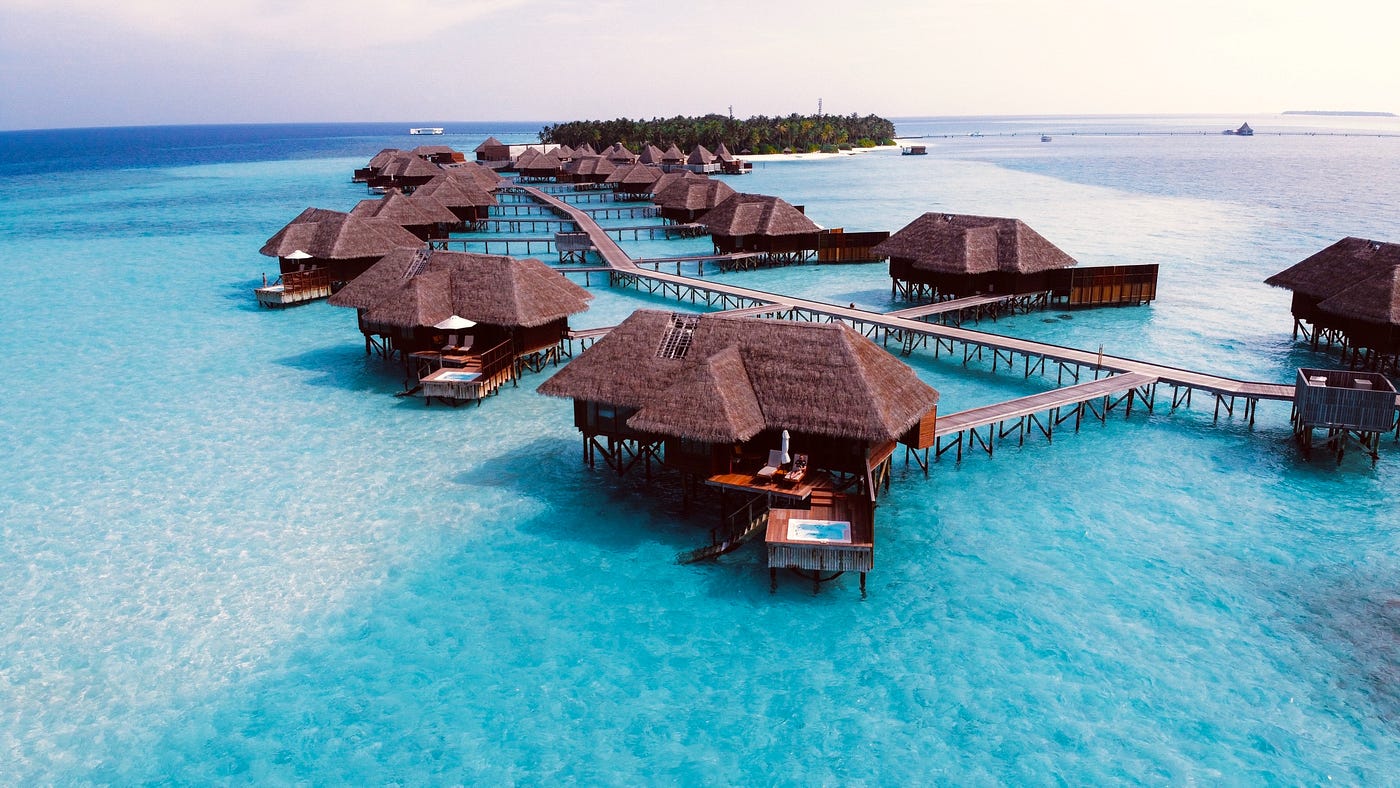Unraveling the Maldives Controversy: Navigating the Complexities of Climate Change, Geopolitics, and Environmental Conservation:
Nestled in the heart of the Indian Ocean, the Maldives, with its pristine white-sand beaches and crystal-clear turquoise waters, has long been considered a tropical paradise. However, beneath the surface of this idyllic destination lies a controversy that intertwines climate change, geopolitics, and environmental conservation. In recent years, the Maldives has become a focal point for discussions on rising sea levels, international relations, and the urgent need for sustainable practices.
The Climate Change Conundrum:
At the heart of the Maldives controversy is the existential threat posed by climate change. As a low-lying island nation, the Maldives is particularly vulnerable to rising sea levels, a consequence of global warming and the melting of polar ice caps. The prospect of submergence raises crucial questions about the future of the Maldives and the fate of its population. Scientists predict that the islands could be underwater within the next century, leading to the displacement of thousands of Maldivians.
International Response and Diplomacy:
The Maldives' vulnerability to climate change has spurred the nation to actively engage on the international stage. Maldivian leaders have been vocal advocates for global climate action, calling on larger nations to reduce carbon emissions and mitigate the impacts of climate change. The Maldives has participated in international conferences and agreements, urging the world to prioritize sustainability and environmental protection.
However, the Maldives controversy also involves geopolitical dimensions. As a small island nation, the Maldives faces challenges in asserting its interests against larger and more powerful nations. The delicate balance between diplomatic initiatives and protecting national sovereignty becomes increasingly complex in the face of climate-induced challenges.
Tourism and Environmental Conservation:
Tourism, a vital component of the Maldivian economy, plays a dual role in the controversy. On one hand, the tourism industry is a significant source of revenue, providing jobs and economic stability. On the other hand, the environmental impact of tourism, including coral reef degradation and waste generation, poses a threat to the very ecosystem that attracts visitors to the Maldives.
In response to these challenges, the Maldivian government has implemented initiatives to promote sustainable tourism. These include regulations to limit overdevelopment, promote eco-friendly practices, and protect marine life. Striking a balance between economic interests and environmental conservation is essential for the Maldives to secure its future.

